
Chemotherapy and Skin Changes
Apart from dry skin chemotherapy may be an initiator of a palette of skin changes some of which may be even life-threatening. Fortunately, once each and every side effect affecting the skin is recognized, it is soon brought under control with the most suitable treatment and drug discontinuation.
As far as chemotherapeutics are concerned, abnormal skin reactions are either associated with allergic reaction to the drug or develop due to toxic effect of the specific chemotherapeutic. In case of allergy, the person does not receive the drug in question any more. In case the skin reaction is induced by toxic effects of chemotherapeutic, the drug may be again administered, only once the skin completely heals and it is then given in lower doses.
Taking Care of the Skin while Undergoing Chemotherapy
In case a person is prone to dry skin and if the problem occurs during chemotherapy, he/she may prevent the problem or at least make it less intensive with certain actions.
Factors that should be considered are dehydration, extreme weather conditions, perfumed cosmetic products and allergies.
The skin can significantly benefit from regular application of moisturizers. There are many creams and lotions that can restore moist of the skin and preserve it. Also, ointments are designed in such a way that they represent a barrier and stay on the surface of the skin protecting it from harsh weather conditions.As for harsh weather conditions, patients are due to avoid sun and do not expose themselves to very cold weather too.
Dry skin when undergoing chemotherapy may become even drier is one uses perfumed cosmetic products, bubble bath, perfumed soaps and soaps in general etc. All these products are supposed not to be used until the treatment is over. Instead one may use mild and non-perfumed, non-deodorant soaps, take showers or short, cool baths and dry the skin afterwards by patting the skin with a soft tower rather than rubbing it vigorously.
Shaving may make matter worse, so avoid this until the treatment is over or shave only skin that is not affected by severe dryness or any additional change.Finally, by wearing cotton clothes and washing clothes in mild detergents, one may prevent additional irritation to the skin.


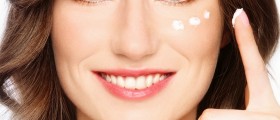
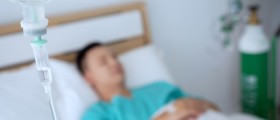

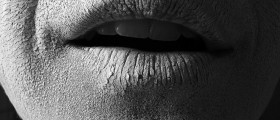



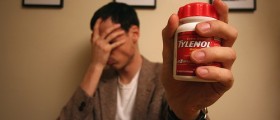

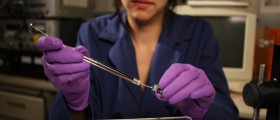
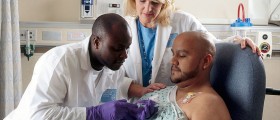
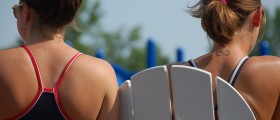


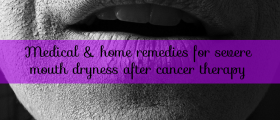
Your thoughts on this
Loading...